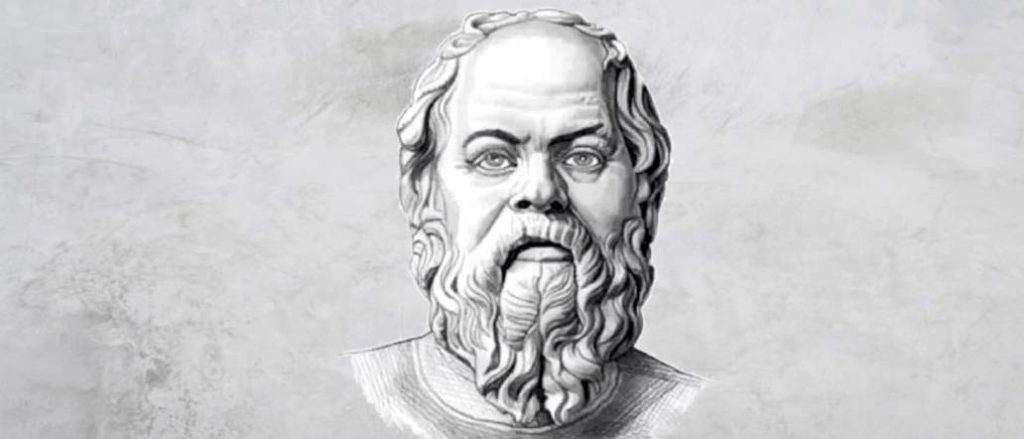
Through the ages, the succinct exhortation, “know thyself” has been a mainstay of several cultures. From the Upanishads to Socrates to Sufism, the seeking of self-knowledge has been recognized as a crucial first step in a person’s journey towards wisdom and peace.
In the context of leadership and learning, “know thyself” has a slightly different meaning and seems a no-brainer. If we want to know where we need to improve and what new skills we need to grow as a professional, what can be a more obvious first step than some introspection and self-assessment? For years, I thought that gaining self-awareness was easy and moreover, unnecessary. After all, wasn’t I the world’s leading expert on me anyway?
Almost two decades ago, as a manager in an IT company in Chennai, I was suddenly gripped by an inexplicable anxiety that I was perhaps “too nice”, that my team members weren’t taking me seriously. This bothered me until I had a tête-à-tête with a Project Manager I knew I could trust to tell me the truth without any sugar-coating. When I told him about my anxieties, he assured me that, “while they do enjoy your company on a Friday evening, they are quite scared of you on a Monday morning.” His words were an eye-opener; I realized then that I really did not know how I was perceived in the office.
It turns out that we can be, and frequently are, the biggest mysteries in the world to ourselves. Vast areas of who we are can remain unknown to us. Through feedback and reflection, we can gain awareness of what makes us who we are and thus reduce our blind spots. Here is a small catalog of areas we can learn about ourselves, beyond our strengths and weaknesses:
- What drives me?
- What am I proud of in myself? What am I vain about?
- What can drive me nuts? (What are my ‘triggers’?)
- How do I behave when I am upset or angry?
- What is the impact of my behaviour on others? How am I seen?
- What are my values? How do I feel when others’ values are at odds with mine?
- How tolerant am I of others’ mistakes?
- How long do I take to regain my composure? What helps me do this quickly?
- What am I afraid of? And why?
Figuring out the answers to these questions is hard work, requiring unflinching honesty and time. Understanding ourselves, how we react to different circumstances and how our actions affect those around us can help us become more emotionally competent, and thus, better and more effective leaders.
A very important aspect brought out in lucid manner 👍 thanks Ravi 😊
Insightful!
Great pointers there, Ravi. It is good to hold a mirror in front that reflects who we truly are and also shows how others see us.
Good one, Ravi
You have opened up the common sense route to important truths that pundits couch in jargons. Way to go Ravi, and may we have more of such demystifications!
Good article Ravi! I have always wondered how people perceive me. These are some good questions to find some meaningful answers!
The questions were a good way to start the self-introspection. But a more important question is how to act on the answers! Looking for a blog on that one! Cheers!
Very thought provoking Ravi!
Good set of questions, Ravi. Often an underestimated activity, but when done can produce miracles…
Interesting insights on self realisation. An eye opener for everyone, especially people managers.